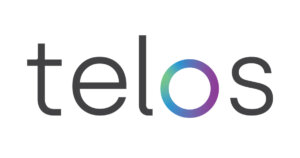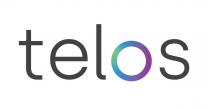 Thailand’s SEC looks to regulate the issuance of DeFi tokens
Thailand’s SEC looks to regulate the issuance of DeFi tokens Thailand’s SEC looks to regulate the issuance of DeFi tokens
The volatile launch of a new Thai yield farming platform has drawn the regulator's attention to DeFi.

Cover art/illustration via CryptoSlate. Image includes combined content which may include AI-generated content.
The Securities and Exchange Commission (SEC) of Thailand has announced that it may require decentralized finance (DeFi) projects that issue cryptocurrencies to obtain corresponding licenses in the future, Bangkok Post reported today.
“The issuance of digital tokens must be authorized and overseen by the Securities and Exchange Commission and the issuer is required to disclose information and offer the coins through the token portals licensed under the Digital Asset Decree,” the SEC stated.
The SEC’s announcement came shortly following the launch of DeFi yield farming platform Tuktuk Finance, operated by popular Thai crypto exchange Bitkub, on Sunday. At the time, the price of Tuktuk’s TUK token surged to “several hundred dollars” before plunging to around $1.
Per the report, this is the first time Thailand’s SEC has issued an official statement on DeFi. Prior to that, it wasn’t even clear which agencies are supposed to oversee the sector.
The SEC also stressed that DeFi projects’ operators should consider the existing regulations before issuing any tokens and urged retail users to research all technical and security aspects of protocols before investing.
A reasonable warning
Niran Pravithana, CEO of investment AI-advisor app Ava Advisor, noted that the SEC’s announcement is “reasonable” and pointed out that many unsuspecting retail investors are falling victim to numerous fraudulent token projects that are a dime a dozen today.
“These criminals can hide in messenger application Telegram and manipulate the token prices and these illegal activities can easily go undetected by the authorities,” said Pravithana.
This sentiment was echoed by Dome Charoenyost, founder of security token offering service Tokenine, who argued that the SEC’s warning is appropriate since the agency is authorized by the law to regulate and supervise coin issuance.
“It has become clearer that some types of DeFi are under-regulated, and we could see the SEC-regulated DeFi platforms in the future,” Charoenyost noted.
In March, U.S. SEC commissioner Hester Peirce raised similar concerns about DeFi, pointing out that the lack of a central counterparty in such projects creates a number of issues for regulators.
“I think a lot of what’s happening in DeFi is outside of the SEC’s purview, but to the extent that people are building things that are intended to mimic securities or doing things related to asset management, that would fall within our purview,” she explained.
















































